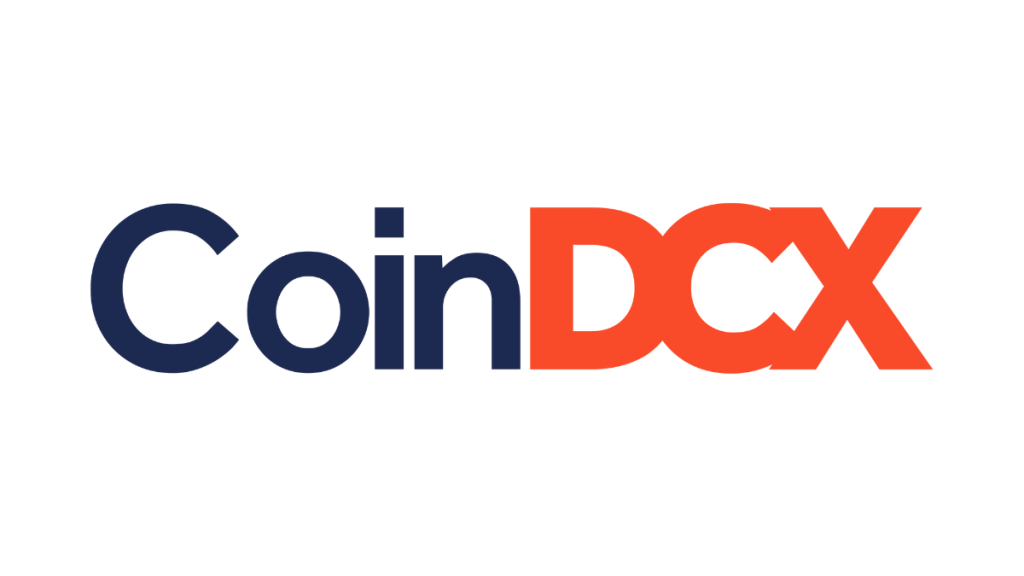Sumit Gupta, co-founder of crypto unicorn CoinDCX, grew up in a small village in Madhya Pradesh, near Shivpuri. It was during his IIT Bombay days that Gupta got a small taste of entrepreneurship “Back in 2010 to 2014, there were a lot of startups that were emerging from IIT Bombay. After college hours, I used to go and see how they worked and also reached out to many to work with them — not for the money but to understand what it takes to start a startup and scale it,” Gupta says.
After completing his studies, Gupta, now 34, spent a year at Sony in Japan, where he got more exposure to how companies work at scale. That is when he seriously thought about starting something on his own. At Sony, he also got to know about Bitcoin, but didn’t take it as seriously. But life has this habit of taking unexpected turns.
Small town beginnings
The idea for CoinDCX came in 2016 after he heard many of his friends and people in the startup ecosystem speaking about investing and trading in crypto and how they believed blockchain technology was going to revolutionise the world. The industry was new and there were many arbitrage opportunities to make returns as well. Gupta did his research in blockchain as a technology and also crypto as a potential asset class and realised that there was a massive global opportunity.
“A lot of my friends were mostly using global apps to invest and trade, but none of them were designed for Indians. They were extremely hard to use as well.” This was, in a way, his eureka moment. He saw a massive opportunity to design a user-friendly platform to help Indians participate in the crypto revolution.
Gupta then discussed the idea with a friend from IIT Bombay, Neeraj Khandelwal, who later became his co-founder. “We knew each other well from our Kota days and had strong complementary skill sets. I was good at the business side of things, had experience in fundraising, while Neeraj knew how to build and scale tech,” Gupta says. The co-founders then started trading in crypto themselves to discover the pain points – poor liquidity, confusing pricing, and complex interfaces. They realised that there was an opportunity for Indians to provide a simplified platform.
Crypto unicorn journey
But most of the people they spoke to advised against doing anything in crypto and instead take up stable jobs. Many felt the industry was too nascent and would require a lot of work. The co-founders factored in all the feedback but were confident that blockchain tech and crypto would take off globally. It would only be a matter of time before India would also accept it. “So, we persevered. The initial few years were very difficult, but that is common in any entrepreneurial journey.”
CoinDCX was launched in March 2018 from a 2BHK apartment in Mumbai. But immediately after launching, it had to go for a pivot after the Reserve Bank of India (RBI) imposed a ban, cutting off financial services to crypto exchanges. CoinDCX’s original business model of INR-based trading was disrupted. The ban prevented banks from facilitating deposits and withdrawals, forcing CoinDCX to pivot quickly to a peer-to-peer crypto-to-crypto trading model without any fiat currency involvement. This shift allowed CoinDCX to continue operations by focusing on crypto holders and global liquidity aggregation.
But by then, most angel investors who had even expressed their interest in investing in CoinDCX dropped out. Luckily, a few angels like Utsav Somani decided to invest, giving them a runway to validate their idea and grow. Today, the firm has raised a total of $247 million in funding and is backed by investors such as Pantera Capital, B Capital Group, Steadview Capital, Polychain Capital, Coinbase Ventures and more.
After the Supreme Court lifted the ban in March 2020, CoinDCX swiftly reintegrated banking services, restored INR trading pairs, and experienced rapid growth. In August 2021, CoinDCX became India’s first crypto unicorn. In 2024, the startup acquired BitOasis, a UAE-based crypto trading platform, to expand into the MENA region and as of 2025 it has crossed the milestone of 1 million registered users. “Ever since the G20 Summit was held in India, we have seen meaningful progress in how the country is approaching Web3 and crypto policy. A few years ago, there were serious conversations about banning the industry altogether. Today, we have well-defined guidelines around anti-money laundering, KYC, advertising, and taxation. We have also seen progress on the compliance side — the Crypto Asset Reporting Framework will come into effect from 2026.”
The group’s annualised revenue stands at 1,179 crore, backed by 13.7 lakh crore in annualised transaction volumes across products. “With assets under custody exceeding `10,000 crore, our numbers reflect growing user trust and platform maturity,” Gupta said.
In the first half of this year, the firm recorded `23,497 crore in spot trading volume, a 37% jump over H1 last year. “Our mission is to make crypto accessible, secure, and compliant for every Indian, driving financial inclusion and building India’s gateway to Web3,” Gupta says.
